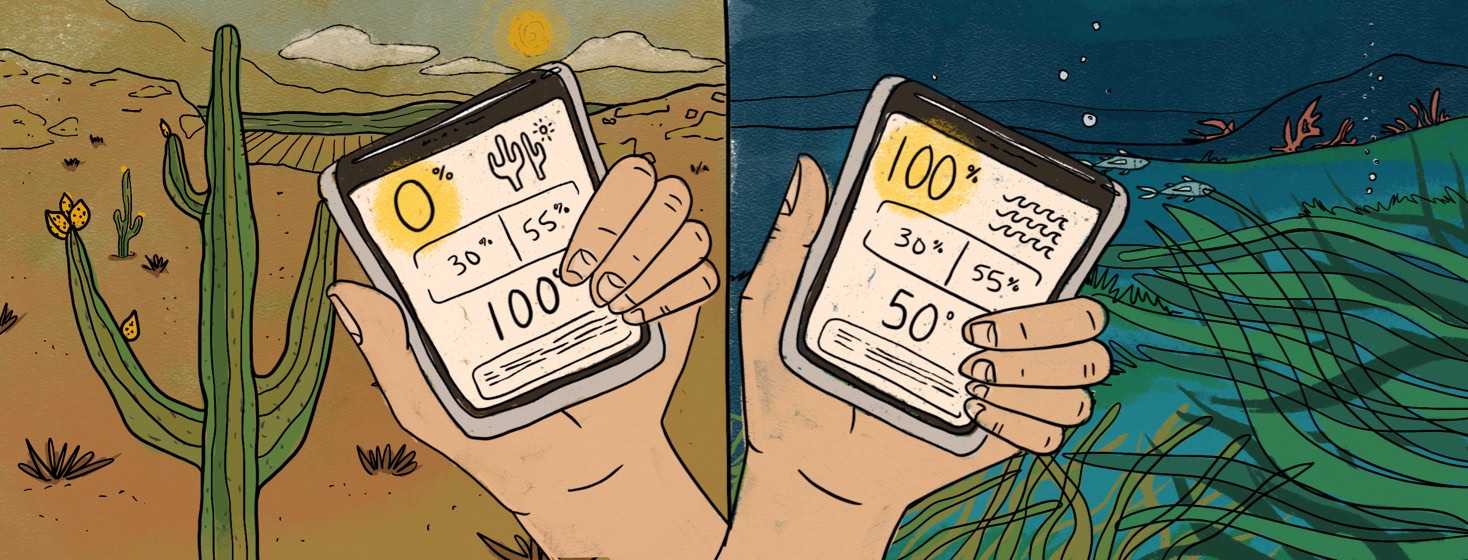More Water Please… Distilled
When you have sleep apnea and use a continuous positive airway pressure (CPAP) machine, the moisture content is very important. Managing distilled water and humidity with a CPAP is a different experience for each user.
And just like anything else for medical reasons, there is no one-size-fits-all. Trying to figure out how much humidity you need can be a real juggling act. Just when you think you get it figured out… well guess again, it's time to readjust.
CPAP machines and water reservoirs
While you can get just a CPAP machine without a water reservoir, the 2 machines I have had both had water reservoirs. My husband's CPAP also has a water reservoir.
Each machine is a little different. Some differences include the location of the water reservoir and the amount of distilled water that can be added.
If your CPAP machine has a reservoir, that reservoir needs to be checked on a daily basis, even if you're not using any humidity. I found out the hard way, by letting mine run dry. This was very hard on the machine itself.
What determines the amount of water and humidity?
This is what I found when I first started using a CPAP machine. I had heated tubing along with a humidity setting. And with that heated tubing, it requires water in the reservoir.
Managing the amount of distilled water and humidity with my CPAP is determined by the tendency for the amount of time it takes to dry out my eyes, nose, and mouth. Even with some humidity, the amount of distilled water sometimes varies and helps with dryness.
How does humidity help with CPAP therapy?
I say this with a kind of tongue-in-cheek because I also have myasthenia gravis (a neuromuscular disorder). And it really doesn't like heat and humidity at all, even just from using humidity in a CPAP machine. Too much heat and humidity can cause a flare of my symptoms. But, humidity does help with my dryness and cough.
For me anyway, without some humidity, my lips, nostrils, and eyes do get dried out. Occasionally I also end up with a dry cough just from all that dry air coming out of the CPAP machine. But having a little bit of humidity really helps the dryness… for me.
I also need to mention that for the first 3 days that I did have that higher humidity, I was coughing stuff up out of my lungs. And now after adjusting the humidity, breathing is much easier also!!
Why is it important to fill the water reservoir?
It hasn't always been like this. For now, I have to have the humidity cranked up to about medium. So, for me with my CPAP machine, I do have to fill that reservoir at least every other night and occasionally every night. Because, if I don't check it somewhere in the middle of the night or early morning, I start smelling a smell like something is scorching. The smell is all through the tubing and blowing into my nose due to just the reservoir being dry.
With this particular machine, I found out that this happens even with having the humidity shut off. If I don't keep some distilled water in the reservoir, I still get that scorching smell. Definitely not a pleasant way to wake up!
Daily changes mean more water... distilled, please!
Here again, just like anything else medical, what works for me may not work for you. As I said earlier, all of that can change. Because, while it worked yesterday for me, it may not work tomorrow. Every day is a new day, with new challenges!
Using a higher humidity setting, at least for now, seems to help me get a better night's sleep. From the first night, I just add a little higher humidity level, adding distilled water. I've been getting a much more restful and peaceful sleep. My lips, nostrils, and eyes are not getting dried out.
Do you experience dryness with your CPAP? Please share your experience using distilled water to manage humidity.

Join the conversation